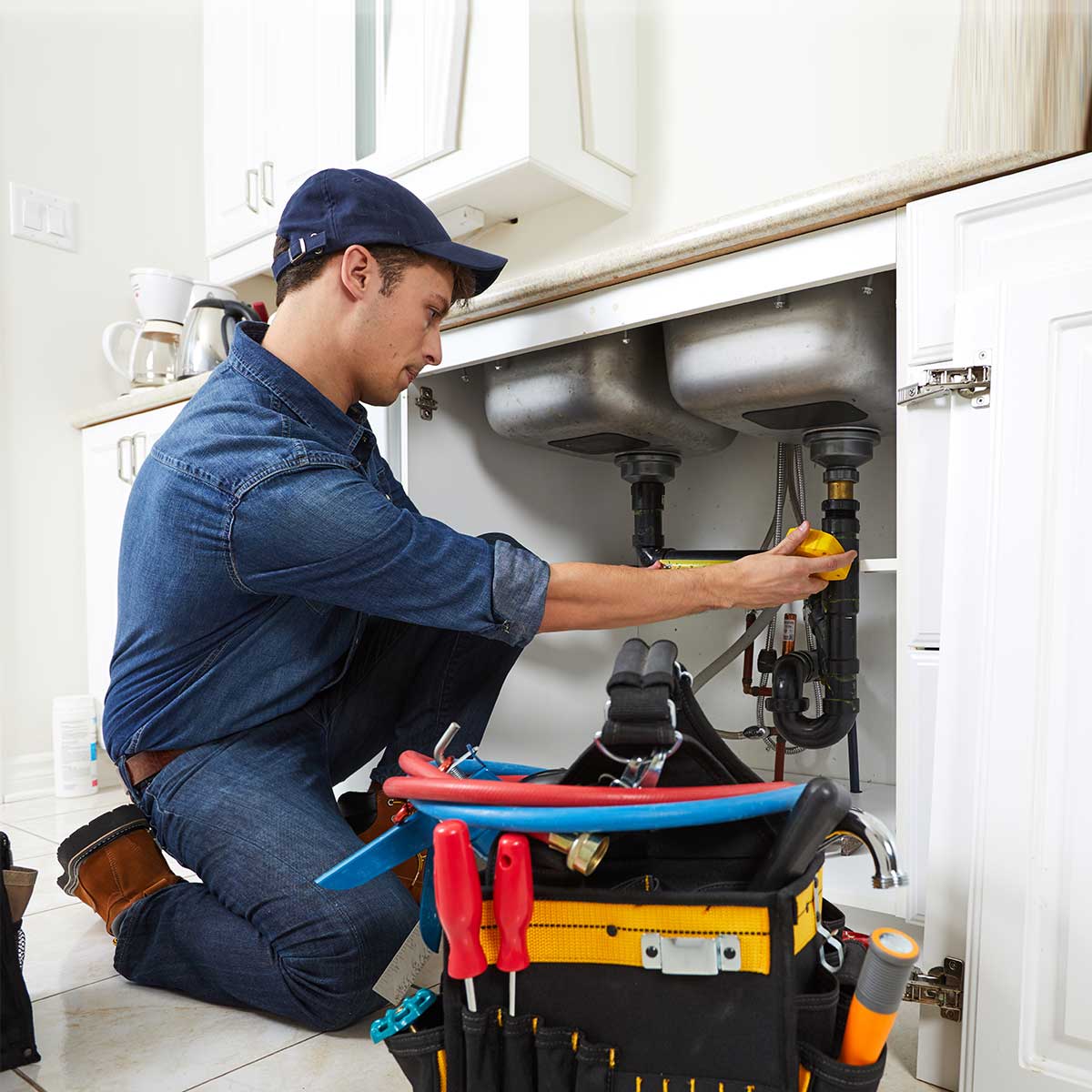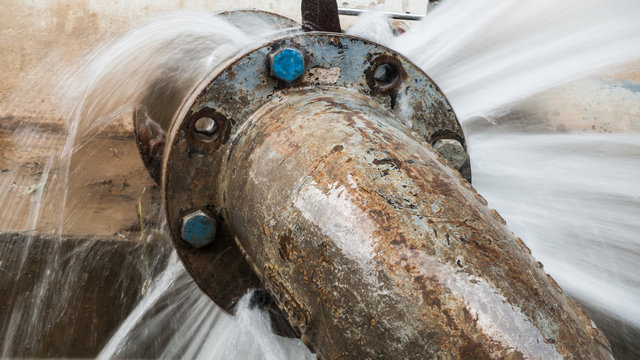This great article listed below relating to Where to Find Water Leaks is really enlightening. Check it out for yourself and figure out what you think of it.

"Beware of little expenditures. A small leakage will sink a wonderful ship." - Benjamin Franklin.
He could not have been more right since water leakages in our homes cause a waste of sources, increasing our water expenses. This boost might appear minimal at first, it can lead to considerable expenses that can break your financial institution. Apart from a boost in bills, water leaks also create undesirable organic development, architectural damage, as well as even electrical threats.
If you have a water leakage isn't always very easy due to being unable to see many of the pipework in your home, figuring out. If you have had a rise in your water costs recently, observed water stains on ceilings as well as wall surfaces, scented lousy smell, etc. You could want to think about asking for plumbing solutions to get it checked out.
There are a number of root causes of water leaks, and also we have actually assembled the typical reasons listed below. Inspect to see if you have actually had relevant concerns in your house just recently.
Damaged pipeline joints
Pipe joints are the parts of our plumbing system where the pipes attach. It is important to note that even though pipelines are created to stand up to stress as well as last for a while, they weren't designed to last for life; for that reason, they would wear away over time. An usual sign of harmed pipeline joints is extreme noise from faucets.
High water stress
You observed your residence water stress is more than typical but then, why should you care? It's out of your control.
It would be best if you cared because your average water pressure should be 60 Psi (per square inch) and also although your home's plumbing system is designed to endure 80 Psi. A rise in water stress can place a strain on your house pipes and bring about splits, or even worse, burst pipes. Get in touch with a professional regarding controling it if you ever before see that your home water pressure is higher than typical.
Rust
As your pipework grows older, it gets weak and also more susceptible to corrosion after the regular passage of water with them, which can gnaw at pipes and trigger fractures. A visible sign of corrosion in your house plumbing system is staining as well as although this might be hard to detect due to the majority of pipelines hidden away. Once they are old to guarantee a sound plumbing system, we encourage doing a regular check-up every couple of years and also change pipelines
Obstructed drains pipes
Food particles, dirt, as well as grease can create blocked drains pipes and also block the flow of water in and out of your sink. If undealt with, enhanced pressure within the rain gutters can finish and also cause an overflow up splitting or breaking pipes. To stay clear of stopped up drains in your house, we suggest you to avoid putting fragments down the tubes and regular cleaning of sinks.
Damaged seals
One more source of water leakages in homes is damaged seals of house appliances that utilize water, e.g., a dishwashing machine. When such appliances are installed, seals are mounted around water adapters for very easy flow of water via the equipment. Therefore, a broken seal can trigger leakage of water when in use.
With little or no knowledge of plumbing, recognizing your home's plumbing system sufficient to repair several of these issues (without effect) can be a problem. Connect with plumbing experts in Pittsburgh, Providence, Rochester, and also environ today, as well as they'll make those problems vanish.
He could not have been much more right due to the fact that water leakages in our homes result in a waste of resources, enhancing our water costs. If you have had an increase in your water expenses recently, discovered water spots on ceilings and walls, smelt poor odor, etc. A boost in water stress can put a stress on your residence pipes as well as lead to fractures, or worse, ruptured pipelines. Another cause of water leaks in homes is broken seals of residence devices that use water, e.g., a dish washer. When such devices are installed, seals are set up around water connectors for simple flow of water via the maker.
5 TIPS IN DETECTING A WATER LEAK IN YOUR HOUSE
Water leaks can be hard to find in your home, yet they can be so common. We rely on water every day in our home, which is why a leak can cause big problems. By detecting them early, you can save money and further damage, getting the problem fixed as soon as possible. Here are 5 tips to help you detect a water leak in your home, so you can contact a plumber straight away and get the issue sorted.
Check your water meter
Many people underestimate the value of the water meter in their home. It can be one of the best ways to tell if you have a leak early on, so you can get on top of it before issues start arising. Start by turning off all the water in your home: taps, washing machine, dishwasher, etc. Now take a look at the meter – if it’s still changing with everything turned off, it’s likely you have a fast-flowing leak that you need to get on top of straight away. If nothing changes, then leave your meter for an hour or two and come back to it. Did it change in this time? It’s likely you have a slower leak, which isn’t as urgent but still handy to get fixed so it doesn’t become a bigger problem.
Keep an eye on your bill
Another good way to detect a leak in your home is by keeping an eye on your water bill. It helps if you have a past bill from the same period of time. You can compare like for like and determine whether your water usage has increased significantly. If it has, there may be a leak in your system that you haven’t picked up before. A professional plumber can check through all of your pipes and determine where it is coming from.
Look for damage
If you have a leak inside your home, you will notice damage over time. Take a look at your showers and bathtubs and note whether any of the tiles surrounding the area seem to be discoloured or damaged in any way. There may be water stains, mould or peeling material that has resulted from a build up of moisture over time. Make sure you take a look under sinks at the back of cupboards that don’t get accessed regularly. This is where damage can go unnoticed and build up over periods of time.

Hopefully you enjoyed reading our section about How to Find and Prevent Water Leaks in Your Home. Thanks a lot for taking the time piece of content. Do you know about another individual who is inquisitive about the topic? Be sure share it. I praise you for your time. Visit us again soon.
We're your answer!